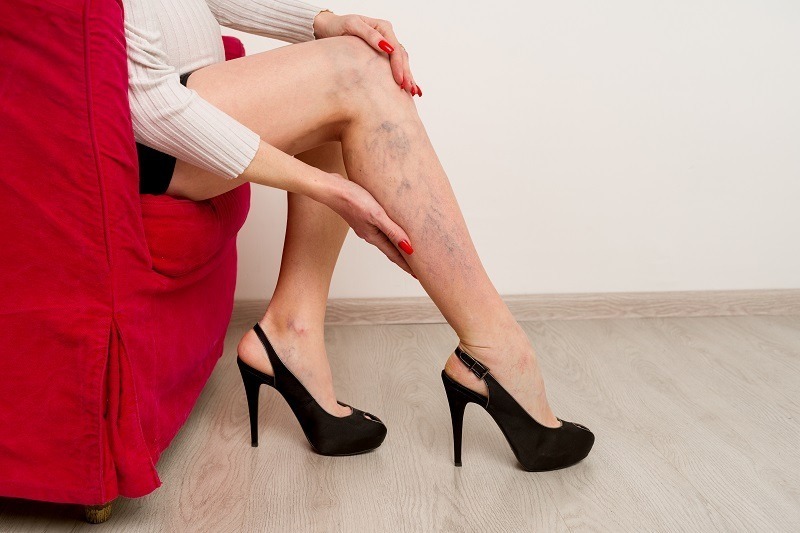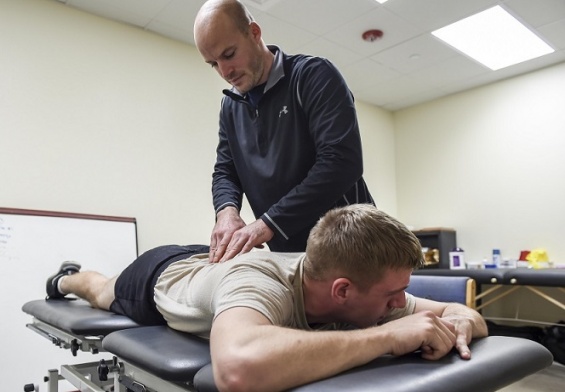Millions of adults have experienced leg swelling at one time or another, for one reason or another. There are so many reasons that legs can swell, including but not limited to medical conditions and injury. Often referred to by healthcare professionals as edema, swelling of the legs can show up one day and disappear the next, or it can occur as an ongoing symptom of something more serious going on within the body. The list of causes is quite long, but some of the most common causes include injury or trauma to the legs, inactivity, varicose veins, medications, obesity, hormone imbalance, and medical conditions.
Causes of leg swelling
Leg swelling can be caused by a number of factors. These can range in seriousness from relatively harmless to severe or even life-threatening. Following are some of the most common causes of leg swelling, ranging from mild to severe.
Mild
Oftentimes, leg swelling can appear one day and disappear the next. It can also continue in a mild form. It can even be recurring at a mild degree. Some of the causes of mild forms include:
- Varicose veins: Varicose veins are purplish, twisted, rope-like veins that appear under the skin. Some varicose veins aren’t serious, but they can cause swelling and pain.
- Hormone replacement or birth control pills: Many birth control pills and hormone replacement drugs used for menopausal or premenopausal women can cause leg swelling. Because they can lead to venous insufficiency, blood flow to lower extremities is restricted, causing inflammation to legs and ankles.
- Medications: Some medications have also been known to cause venous insufficiency, for the same reasons as hormone replacement drugs and birth control pills.
- Activity: In some instances, standing for long periods of time can lead to leg swelling, especially for those who must stand all day for their jobs.
- Inactivity: Sitting for long periods of time at a computer for your job, or sitting in front of the computer playing a video game at a long stretch can cause leg swelling. It’s important to note, however, that leg swelling from inactivity has also been known to be severe and even lead to blot clots and death, in cases of prolonged inactivity.
Severe
There are many illnesses and types of injury that can cause severe leg swelling. It’s important for anyone experiencing the swelling on legs to see their doctor as soon as possible, as many causes can be life-threatening and can even lead to death.
- Varicose veins: Yes, varicose veins are on both lists, both mild and severe. While some varicose veins aren’t serious, others can be severe and can even lead to serious medical complications from poor blood flow.
- Heart problems: Some serious medical conditions that involve the heart, such as cardiomyopathy and congestive heart failure, can cause severe leg swelling.
- Kidney or liver failure: Kidney and liver failures are heavily characterized by leg, ankle, and feet swelling.
- Blood clots: Also known as deep venous thrombosis (DVT), some blood clots can cause swelling in legs.
Prevention of leg swelling
If you’re someone who experiences leg swelling, it’s important to first talk to your doctor about your symptoms. Following that, some of the best preventive measures you can take to prevent are to avoid prolonged periods of standing or sitting as much as possible; maintain an active lifestyle; eat a healthy diet that includes plenty of nutritionally rich fresh fruits, vegetables, and whole foods; elevate your legs when you feel them swelling; and wear compression stockings.
If you’ve experienced the kind of leg swelling that lasts for just a few hours or a day, you know that it can hamper your lifestyle temporarily. However, if you’re experiencing leg swelling that has lasted for a longer period of time; you should talk to your doctor about your symptoms, as this may be a sign of something more serious going on within your body. And, if you have more questions about the causes, symptoms, and treatments such as spider veins, varicose veins, and other blood circulation issues, contact a vein center to schedule a consultation.




